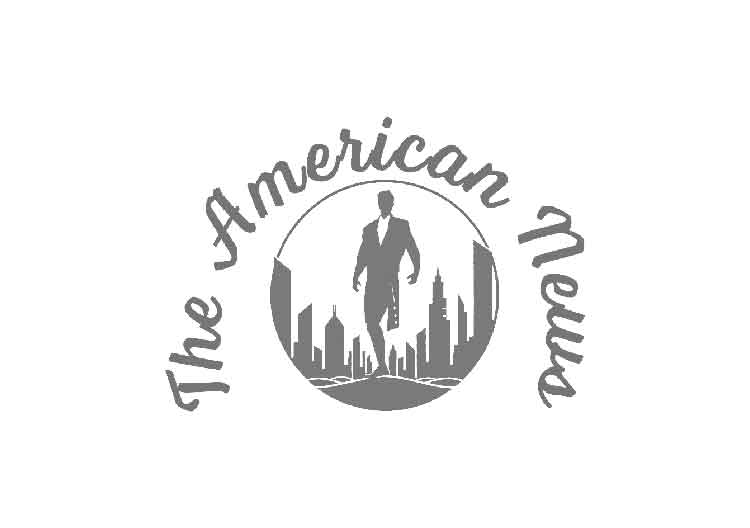Despite the successes of the late 1990s in halting the oil prospecting activities of Occidental Petroleum, U’wa have subsequently experienced similar issues with the state-owned petroleum company ECOPETROL and its plans to carry out oil exploration on ancestral territories in the zones of Siriri and Catleya, in the region of Sarere. Unlike their previous campaign in the 1990s which charged Occidental Petroleum with failing to carry out prior consultation with the community, this time U’wa are steadfast in their refusal to engage in this process with ECOPETROL. This decision taken by U’wa was based on their belief that the worldviews of both parties with regards to what constitutes human development, well–being and prosperity sre inherently incompatible. The examples presented by the cases of other indigenous communities which participated in consultation processes but whose demands were not respected, leading to the eventual loss of their territories, also informed the community’s refusal to participate.
In 2014, the arrival of machinery and an increased military presence alerted U’wa community members and led to widespread protests. In May 2014, ECOPETROL agreed to suspend its operations in Magallanes and in July committed to withdrawing its equipment, with the final parts dismantled in early 2015 – a moment hailed by activists as a historic victory for indigenous peoples’ land rights in the country.
However, though the government had agreed to fully recognize U’wa territory and decontaminate polluted areas, in 2016 community members occupied an ECOPETROL gas plant in protest at the government’s perceived failure to meet these commitments. In December 2016, the U’wa Association with the support of EarthRights International and the Colombian NGO Cajar filed a petition with the Inter-American Commission on Human Rights, accusing the Colombian government of responsibility for human rights violations suffered by the U’wa community over more than two decades, particularly with regard to their land and natural resources, and called for reparations and an end to these abuses. In 2015, the Inter-American Commission declared the U’wa case admissible, following their first complaint to the body having been filed already in 1997.
In September 2018, U’wa representatives issued a statement reiterating their opposition to oil and gas extraction in their ancestral territory, and condemning ECOPETROL for its failure to abide by the terms of the May 2014 agreement and its resumption of the Magallanes project.
In 2023, the indigenous leaders of the U’wa people made a declaration before the Inter-American Court of Human Rights asserting that they have been victims of human rights violations by the Colombian state, which has authorized extractive projects in their territory since the 1990s.
Source link : https://minorityrights.org/communities/uwa/
Author :
Publish date : 2024-01-23 21:25:59
Copyright for syndicated content belongs to the linked Source.
